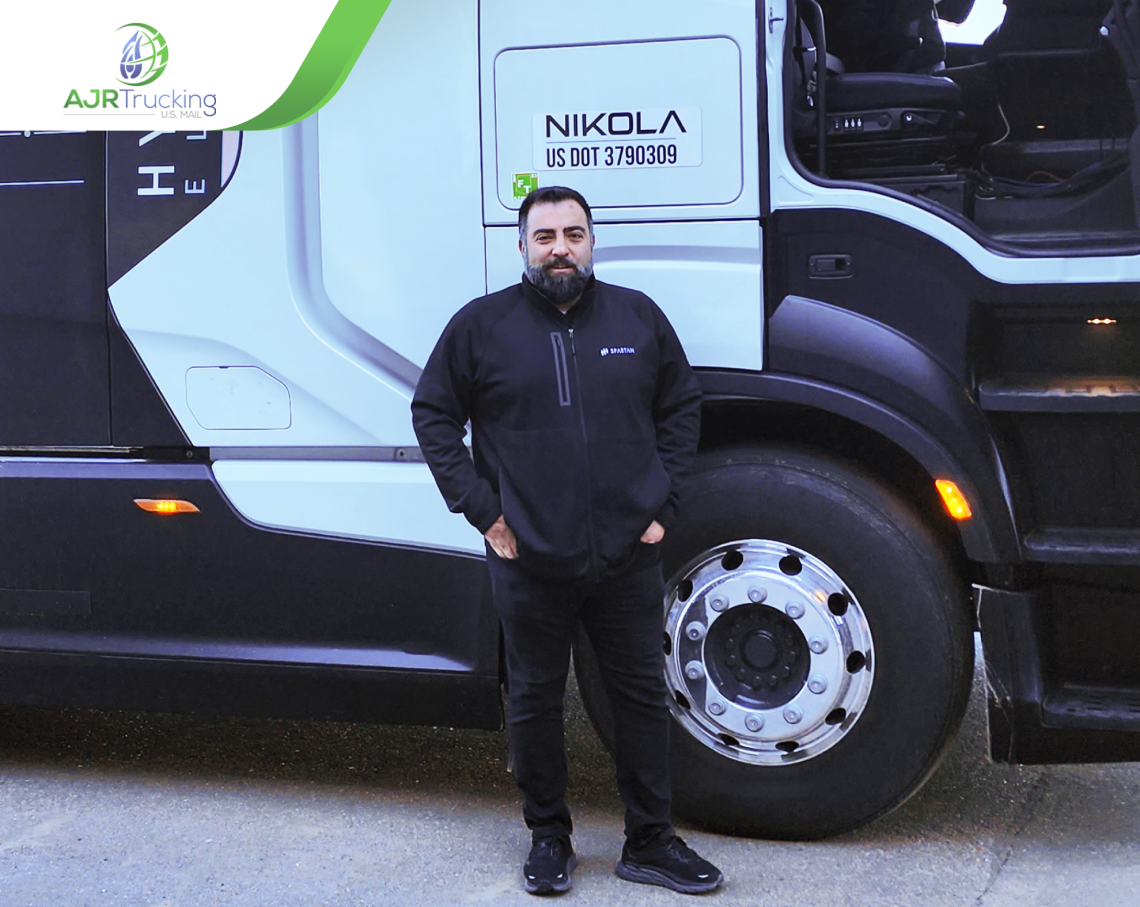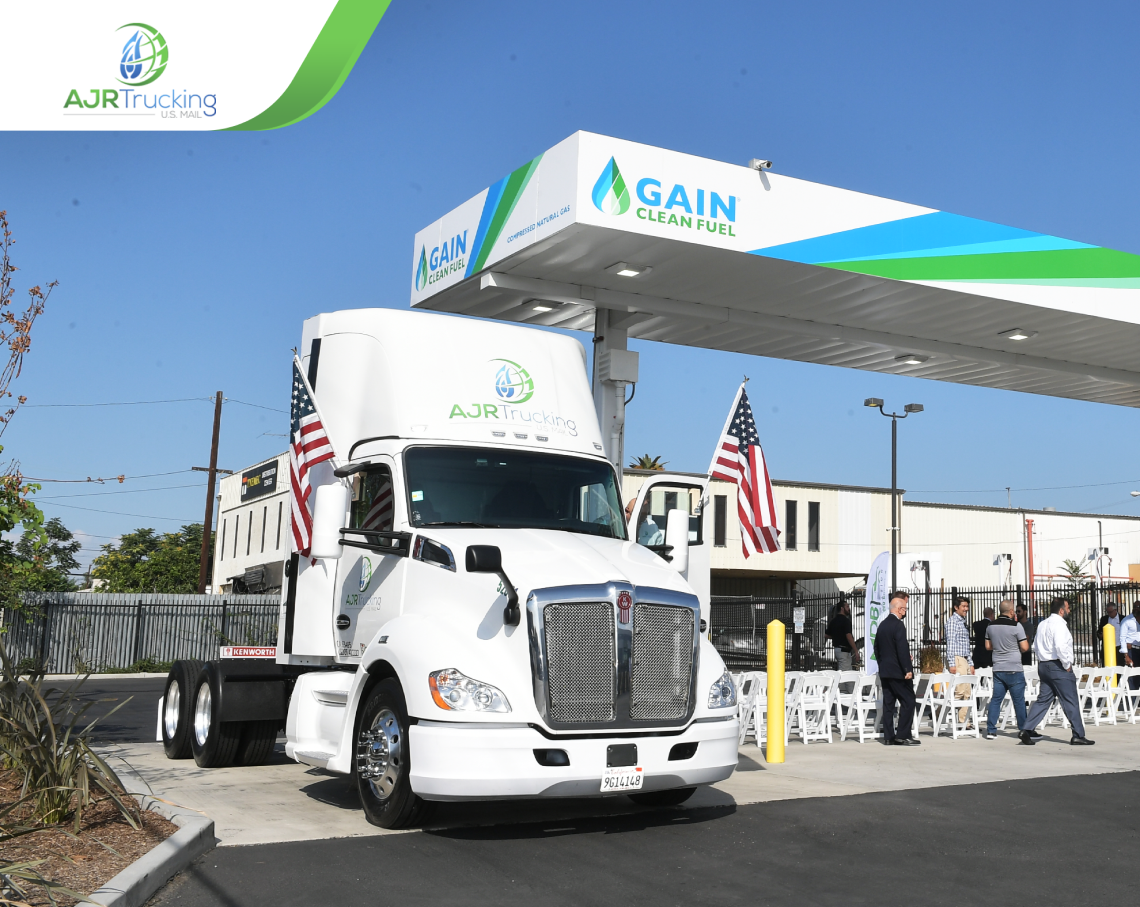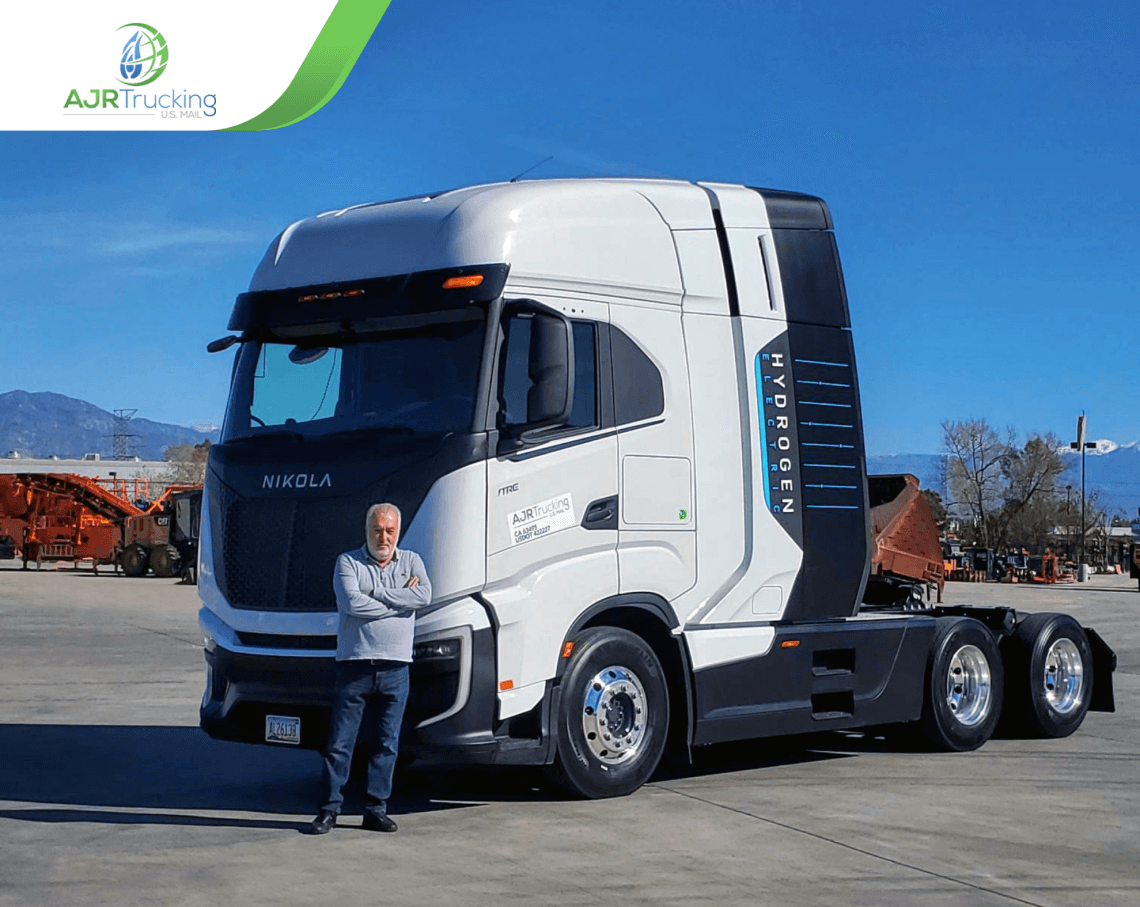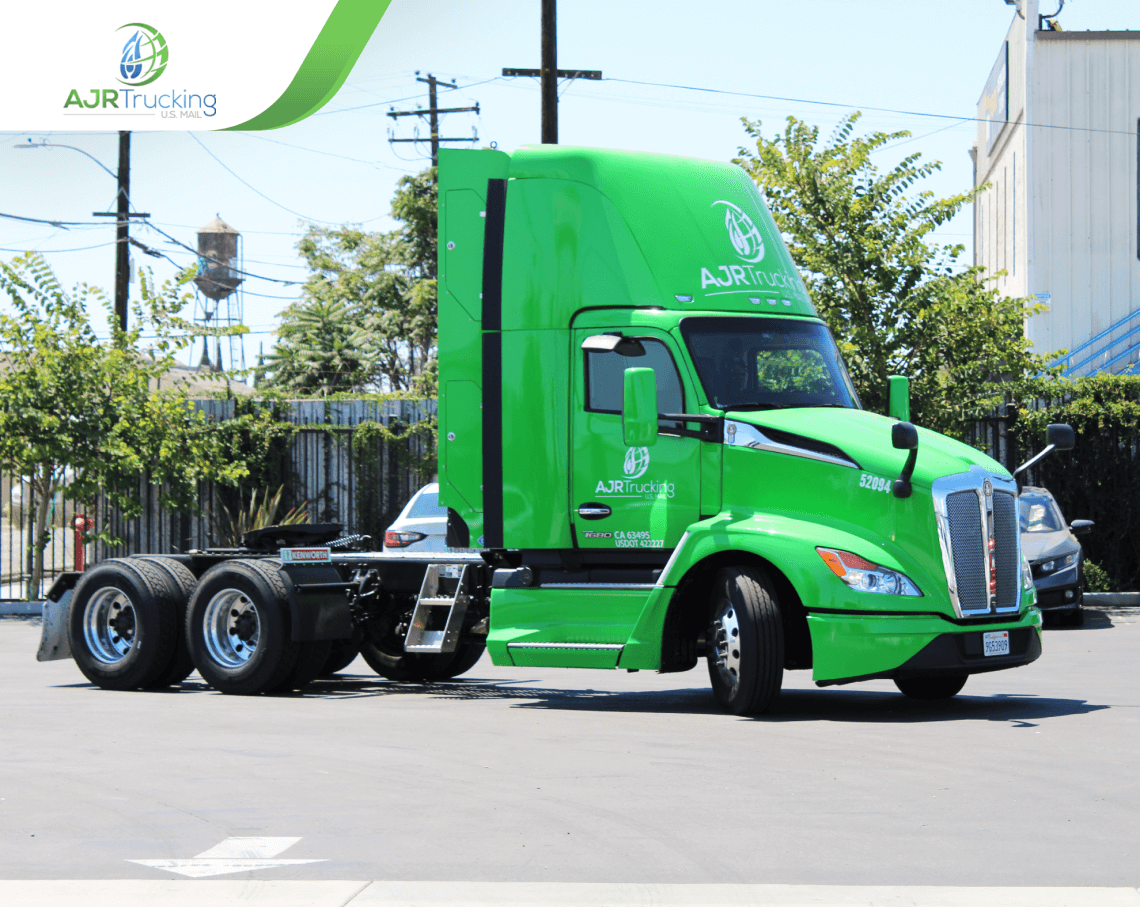Nikola Corporation, known for its innovative and energy-efficient commercial transportation solutions, is all set to send its Tre FCEV trucks into assembly line production in Arizona later this year.
As a sustainable truck management company, we visited their headquarters to review the brand’s new fuel-cell electric vehicle (FCEV) semi-truck.
Here’s everything we found out about the new Nikola hydrogen truck.
Tre FCEV Hydrogen Truck: At A Glance
Nikola Motor Company’s TRE FCEV is a semi-truck designed for long-haul trucking jobs. The zero-emission vehicle utilizes state-of-the-art hydrogen-powered fuel cells, making it an FCEV truck that is cost-effective and effort efficient.
The truck is equipped with three backpacks and two saddle tanks, all made from Type 4 composite that can carry up to 100 kg of hydrogen. These five tanks provide a combined capacity of 200 kW to the fuel cell stack, sufficiently powering the e-axel.
In addition, the semi-truck has two 70 kWh battery packs for a total of 140 kWh of usable capacity. The battery packs work in tandem with the fuel cell stack to power the vehicle.
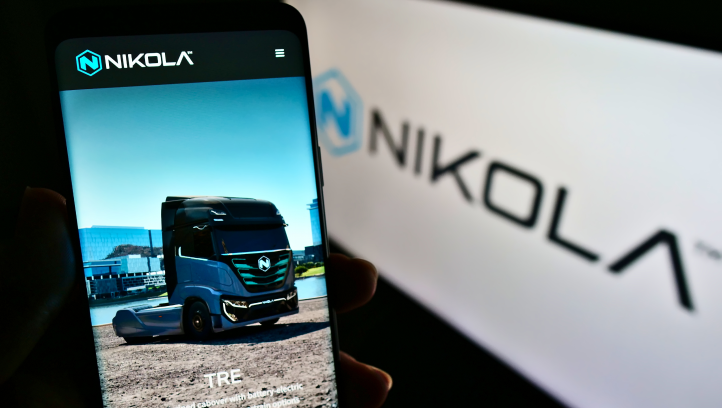
Together, this configuration gives the semi-truck a horsepower of 644 hp, compared to the average of 400 to 600 hp on similar vehicles currently available in the market. The FCEV truck scores well in other departments, too.
The initial company FCEV truck prototypes have a 2,700 Nm torque—powerful vehicles ideal for carrying heavy loads. It is also quite the load hauler: the base model can haul 41 tonnes! We cannot wait to see how much capacity increase Nikola will build in these semis, given that it is expected to haul loads across the country.
As for its downsides, a driving range of 500 miles on a fully fueled tank leaves room for improvement by trucking industry standards. However, this is just the distance covered by the prototype. The company aims to improve its semi-truck’s performance with another model that can go up to 900 miles on a fully fueled tank.
Stellar technical features aside, it was the bundled solution of maintenance, fueling, and servicing that caught our attention. The Company provides end-to-end services that cover maintenance, servicing, and fueling costs.
It is one of the reasons why we think the new Tre FCEV is an excellent option for local trucking companies operating on a budget. But more on that later.
Reasons We Love Tre FCEV Semi Trucks
There’s no contesting the fact that Nikola Company’s Tre FCEV semi trucks are a class apart. If the specs are anything to go by, this model promises to be a top performer.
Here’s why we think it is an excellent option to consider:
Quick Refueling
One of the biggest operational hurdles facing hydrogen-powered electric trucks is the time it takes to refuel the central system. In most cases, clean energy goals are overridden by the cost of hydrogen-powered FCEV trucks. Even for the best trucking companies, investing in one may not be financially feasible.
But Tre FCEV has five 700-bar tanks that can store up to 100 kg of hydrogen. And it can fully fuel up in a matter of 20 minutes! This is incredibly fast, given the amount of hydrogen in question.
Quick refueling provides enough much-needed margin for parity because hydrogen offers less energy per unit volume and is considerably more expensive than gasoline.
The Motor Company further supplements its quick refueling with its fixed lease rate. Irrespective of fuel prices, you can pay a set amount every month to cover your hydrogen expenses.
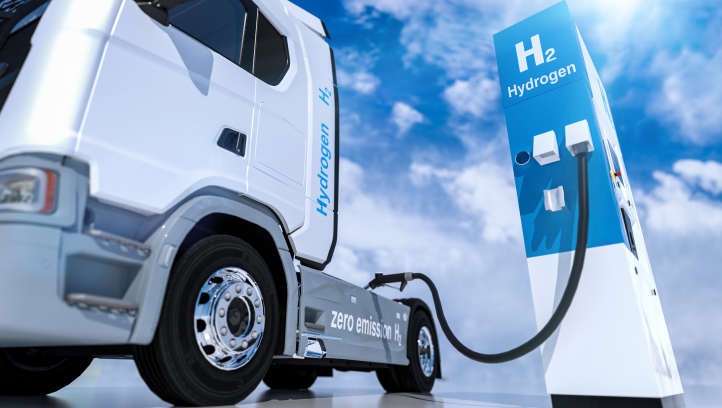
Increased Payload
Every trucking company wants a semi-truck with optimal payload capacity.
These trucks have highly compact builds and hydrogen tanks made of carbon fiber reinforced polymer. The design is minimal and lightweight, giving the semi-truck a good payload capacity of 41 tons.
In fact, companies looking for small units to haul heavy loads can rely on the Tre FCEV. It is built to do just that!
Minimized TCOU
The total cost of use (TCOU) of semi trucks determines business viability for any trucking company. A high TCOU implies low ROI—a bad investment that no private truck driver or trucking company is willing to make.
Fortunately, the company’s bundled lease solution that covers the cost of the semi-truck, fueling charges, and maintenance expenses offer a reasonable TCOU. You only need to pay a fixed lease amount every month, regardless of fuel prices or other factors.
Most importantly, data from test runs reveal that the Tre FCEV has a life expectancy of 700,000 miles or a 7-year period. At an estimated cost of $665,000, operation expenses come in at around $0.95/mile. That’s an excellent price point!
The company plans to achieve such an affordable TCOU by building its own hydrogen refueling stations. In fact, it has already launched its first-ever mobile fueler for FCEVs.
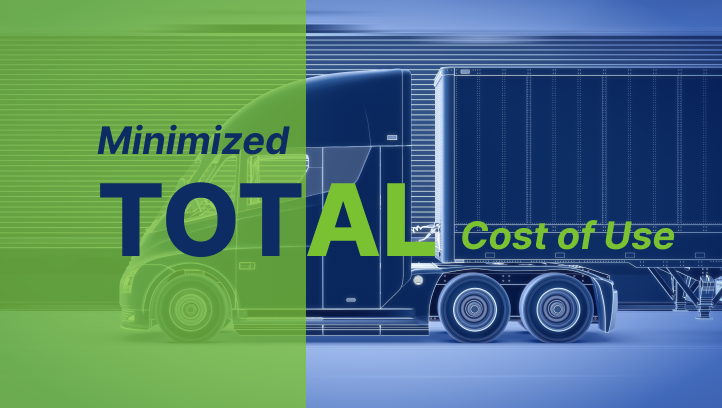
The Tre FCEV is a winner in every way and adds to the company’s unrelenting efforts to increase the use of hydrogen in its zero-emission commercial vehicles. The launch of a new brand called HYLA further pushes the sustainable future of the trucking industry.
Per Carey Mendes, the President of Nikola Energy, “The HYLA brand represents Nikola’s hydrogen-focused energy business by supporting our fuel cell electric vehicles and those of other OEMs. Hydrogen energy is the catalyst for the HYLA brand and serves as a forward-looking solution for our customers to help them achieve their sustainability goals and dramatically reduce the overall carbon emissions in the transportation sector.”
Without a doubt, it will positively influence trucking services in the coming years.
AJR Trucking Applauds Nikola Motors for Its Efforts
As one of the best trucking companies that prioritizes sustainability in the history of the trucking industry, we applaud the hard work and dedication of the Nikola Motor Company. Their efforts in transforming the trucking industry combine innovation and eco-consciousness in commercial vehicles that are a class apart.
We can only hope that Nikola Company adds to its projects, allowing trucking companies in Los Angeles and all over the world to aim for a cleaner, greener future.

